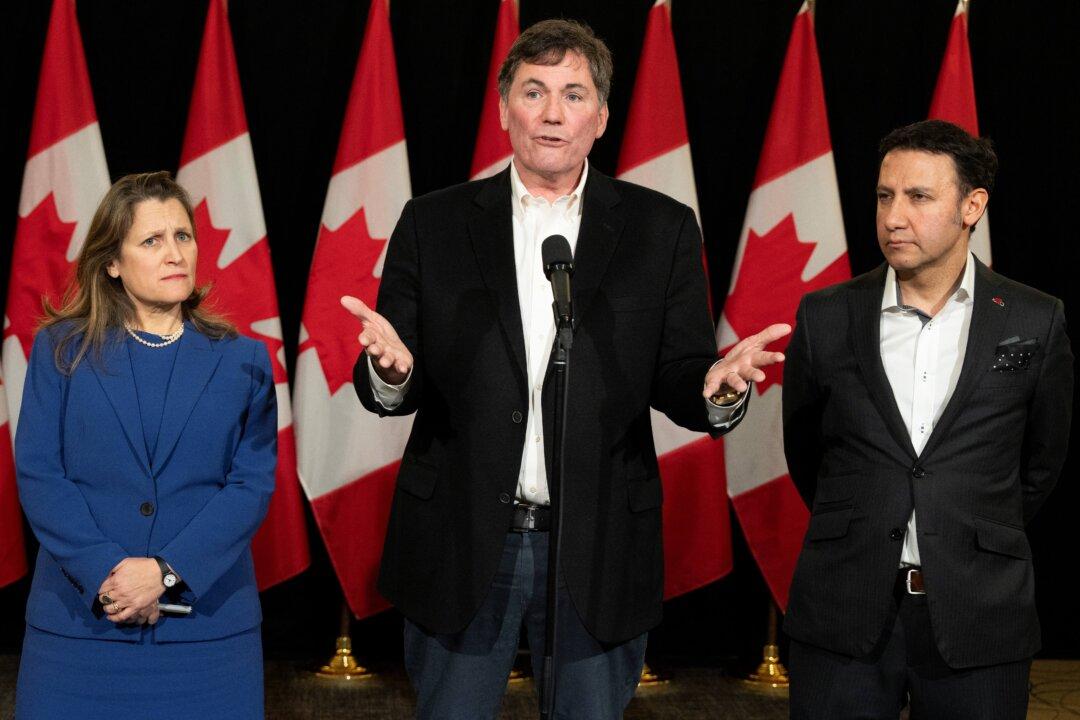News Analysis
With Prime Minister Justin Trudeau’s tenure looking increasingly tenuous, a number of people are presumably eyeing the top Liberal role and considering running for the leadership.

With Prime Minister Justin Trudeau’s tenure looking increasingly tenuous, a number of people are presumably eyeing the top Liberal role and considering running for the leadership.